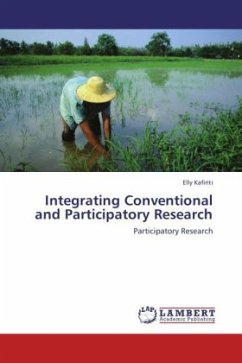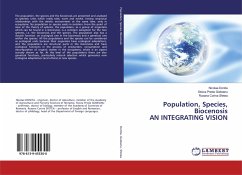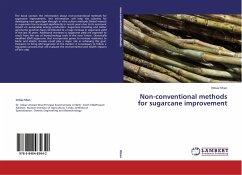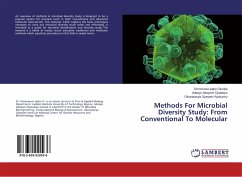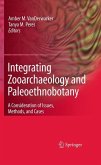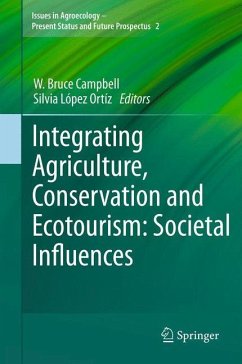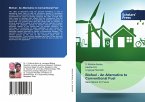Rice is one of the most important food crops in South Eastern Tanzania. However, production is very low, below an annual average of 40 thousand tonnes from an estimated cultivated area of about 35 thousand hectares. Lack of improved preferred high yielding varieties, poor water and soil management practices in irrigated fields are some of the factors to which farmers often attribute low production. A study was conducted to investigate measures that can contribute to enhance sustainable and increased rice production in irrigated fields of South Eastern Tanzania. Conventional and Farmer Participatory Research approaches were integrated to take on board farmers perceptions and knowledge. The results indicate that Farmer Participatory Research shortens the research process and enhances acceptability and adoption of the results. However, without addressing some of the important limitations such as absence of subsidies and poor input distribution network fertiliser adoption is very unlikely. The implications for future rice research is that a shift in emphasis should be given to incorporate farmers selection criteria in the breeding programme next to traditional criteria.

